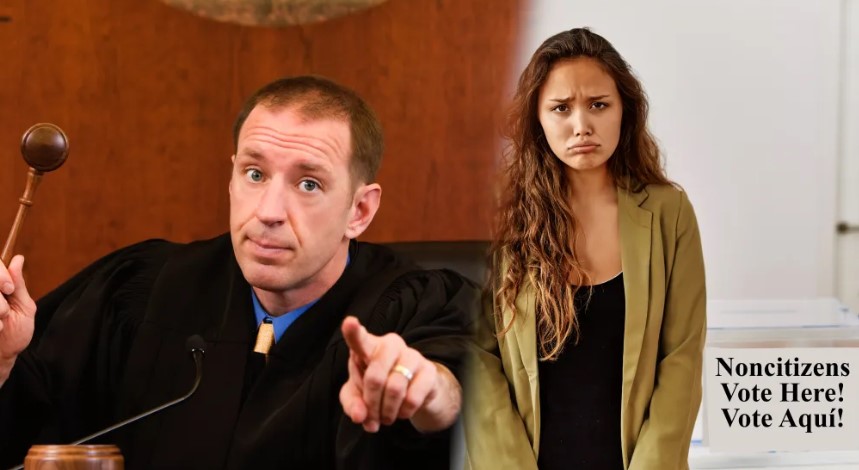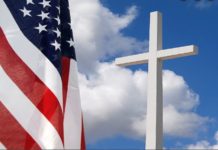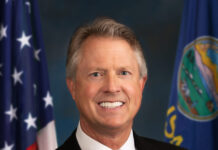By Bob Dane
At the beginning of this year, 15 U.S. municipalities allowed noncitizens to vote in local elections. In one of those cities, San Francisco, a media outlet gushed: “Noncitizen voting rights gain traction.”
Those so-called “rights” hit a brick wall in June and again last month when courts in New York and California struck down noncitizen voting laws, ruling they violated the state constitutions. These seemed like open-and-shut cases; even a liberal legal team at UC Berkeley concluded that “voter eligibility is not a municipal affair.”
Yet other jurisdictions, for now, continue to allow noncitizens into voting booths. Some Maryland communities permit all residents to cast ballots, regardless of citizenship or immigration status – effectively enfranchising illegal aliens.
“The worrisome trend is that if these laws are not invalidated, they will spread, and even federal elections will not be immune. Then the American people will have lost a big share of their power to govern themselves, and decide the destiny of their own country,” says Christopher Hajec, director of litigation at the Immigration Reform Law Institute (IRLI), the legal arm of FAIR.
The Public Interest Legal Foundation (PILF), a nonpartisan group that tracks and litigates election integrity issues, found that sanctuary cities are “giving cover” to noncitizens on the voting rolls in a half-dozen states.
PILF also reports that foreign nationals are registering to vote through motor vehicle departments in Pennsylvania and Michigan. Pennsylvania issues drivers licenses to illegal aliens; Michigan is considering legislation to do the same.
“Unfortunately, we are seeing many examples of states not following their own election laws,” PILF spokeswoman Lauren Bowman told FAIR this week.
Some 22 million noncitizens reside in the U.S. An estimated 15.5 million are here illegally.
Calling noncitizen election laws “a shameless attempt by anti-borders jurisdictions to diminish the voting rights of citizens and transfer them to foreign nationals,” IRLI executive director and general counsel Dale Wilcox is nevertheless hopeful that the remaining rogue statutes will fall to new legal challenges and rising public opprobrium.
“As the American people see the consequences of lawless, unchecked mass migration at unprecedented levels, the tolerance for bad ideas like noncitizen voting will continue to wane,” he said.
















